Faculty
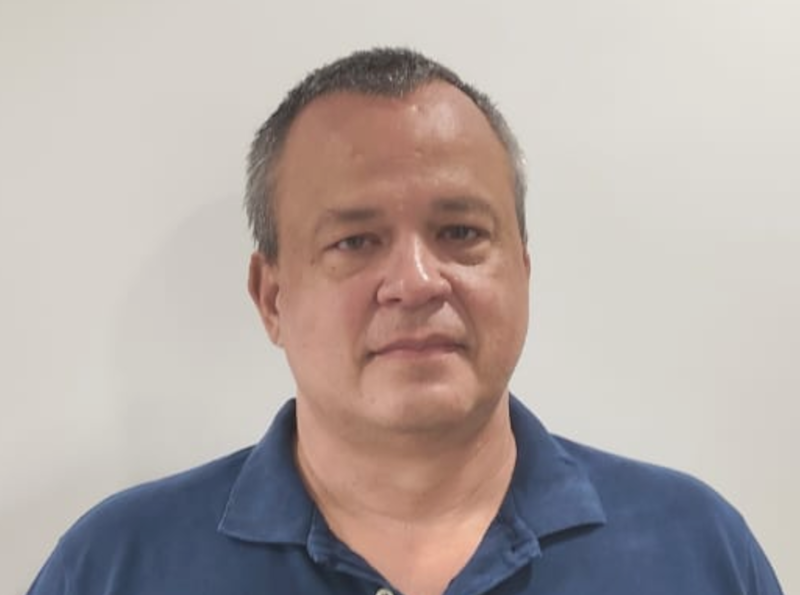
FERNANDO FERREIRA
Veterinarian, Master's and Doctorate in Public Health, specializing in Epidemiology, from the University of São Paulo, MBA in Data Science and Analytics from the University of São Paulo (2024) and undergraduate student in Computer Engineering. Full Professor at FMVZ-USP, CNPQ Level 1C research productivity fellow. In recent years, he has coordinated the graduate program and headed the department, and was General Coordinator of Prevention and Surveillance in Animal Health at the Department of Animal Health of the Secretariat of Agricultural Defense of the Ministry of Agriculture. His line of research focuses on animal epidemiology, working mainly on the following topics: epidemiology, geoprocessing, GIS - Remote Sensing and mathematical modeling, structuring and evaluation of risk-based surveillance systems for various diseases, as well as structuring early detection systems for the introduction of diseases in disease-free populations. Among the projects developed by the research group, his work as Coordinator of the AQUAEPI Network - of the former Ministry of Fisheries and Aquaculture, currently absorbed by the Ministry of Agriculture and Livestock (MAPA) - stands out. He works as a collaborator with the Ministry of Agriculture and Livestock and as a consultant in the field of epidemiology for several states, including Mato Grosso, Goiás, and Espírito Santo. He coordinates the activities of graduate students at LEB - Laboratory of Epidemiology and Biostatistics (https://leb.fmvz.usp.br/pt-br), which holds lectures with guests and makes them available with various information about the area on the group's YouTube channel (https://www.youtube.com/user/lebvps).
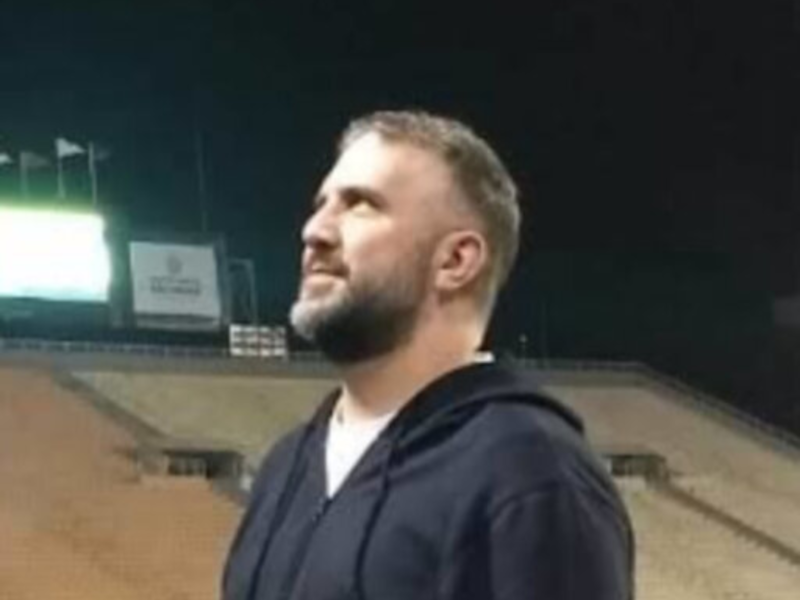
JOSÉ HENRIQUE DE HILDEBRAND E GRISI FILHO
Veterinarian, he is an associate professor at FMVZ-USP, where he has been teaching since 2013. His research focuses on geographic information systems, complex networks, mathematical modeling, veterinary public health, and animal health. He is currently the alternate representative of the VPS on the Undergraduate Committee, of the Doctoral Professor Category on the Congregation, and responsible for the FMVZ/USP Student Lounge. He was a visiting professor at the University of California Davis (USA), at the Center for Animal Disease Modelling and Surveillance, from March 2023 to February 2024. Collaborator: Prof. Beatriz Martinez-Lopez.
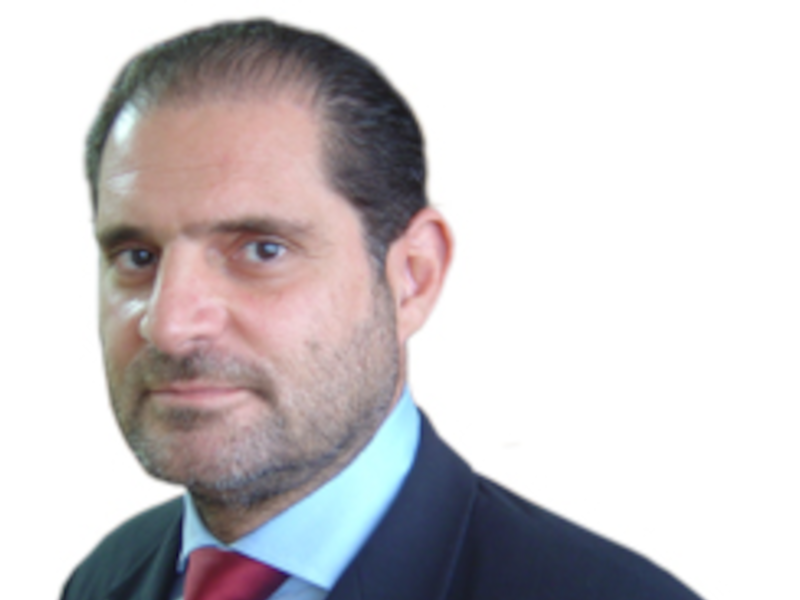
JOSÉ SOARES FERREIRA NETO
Veterinarian, Full Professor at FMVZ-USP, CNPQ Level 1C Research Productivity Fellow. He was Head of the Department of Preventive Veterinary Medicine and Animal Health at the Faculty of Veterinary Medicine and Zootechnics (FMVZ) at USP (1999 to 2003 and 2011 to 2015). He was Deputy Director (2016-2019) and Director of FMVZ USP (2019 to 2023). He is currently Full Professor at FMVZ USP, scientific advisor to the Ministry of Agriculture and Livestock (MAPA) for several national programs, and coordinator of the Collaborating Center for Animal Health. He is an ad hoc advisor to FAPESP, CNPq, and several other funding institutions, as well as numerous scientific journals. He is a researcher at the newly created (May 2023) Collaborating Centre for Economics of Animal Health in the Americas Region of the World Organization for Animal Health, which, in addition to researchers from USP (ESALQ and FMVZ), also includes researchers from UnB, the National Autonomous University of Mexico, Kansas State University, and Washington State University. He works with Veterinary Epidemiology and Health Programs.

MARCOS AMAKU
Bachelor's degree in Physics, currently Associate Professor at the Faculty of Medicine - USP. CNPq research productivity fellow, level 1C. He has experience in the field of public health, with an emphasis on mathematical epidemiology, working mainly on the following topic: epidemiology - mathematical models. The professor stands out for creating and coordinating mathematical models in various health-disease models, as evidenced in several of his scientific publications.
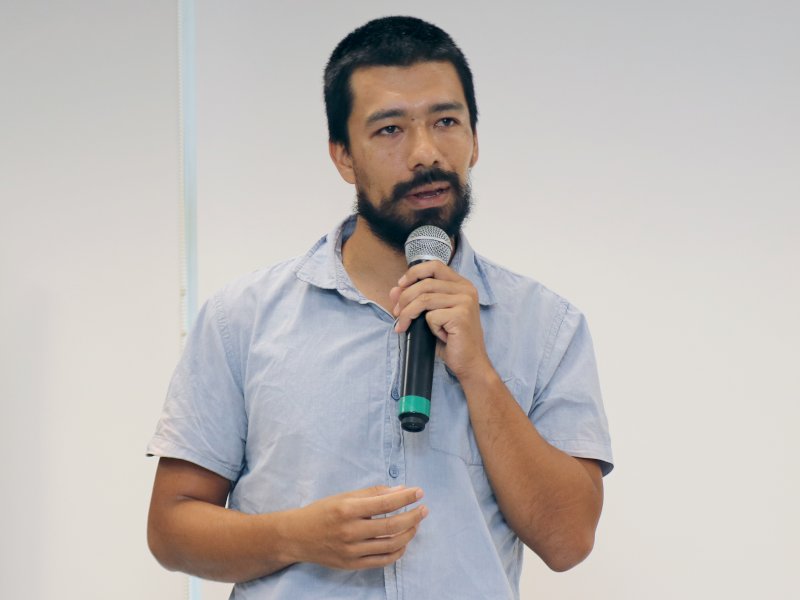
OSWALDO SANTOS BAQUERO
Graduated in veterinary medicine (National University of Colombia), with a PhD in epidemiology from the University of São Paulo (USP), postdoctoral studies in public health (USP), and specialization in data science (Johns Hopkins University). He is a Professor at USP, affiliated with the Department of Preventive Veterinary Medicine and Animal Health at the Faculty of Veterinary Medicine and Zootechnics (VPS-FMVZ) and the Peripheries Research Group at the Institute of Advanced Studies (nPeriferias-IEA). He coordinates USP's Multispecies Health Network (Rede SAME), dedicated to the (re)production of good living for marginalized multispecies collectives (https://redesame.fmvz.usp.br). He works with decolonial, biopolitical, political ecology, and social studies perspectives in science and technology. His main areas of expertise are: unique health in symbolic and geographical peripheries, collective health, epidemiology, animal population management, Bayesian modeling, mathematical modeling, and machine learning. He received the Antonio Carini Award from the Pasteur Institute. First place for his work “Size, distribution, and rabies vaccination coverage of the domestic dog population in Brazil.” He received first place with the project Single Health in Peripheries in the 1st “Solidarity Learning - Experiences that Transform” Award, thanks to his pedagogical innovation and his contributions to a more just multispecies society.
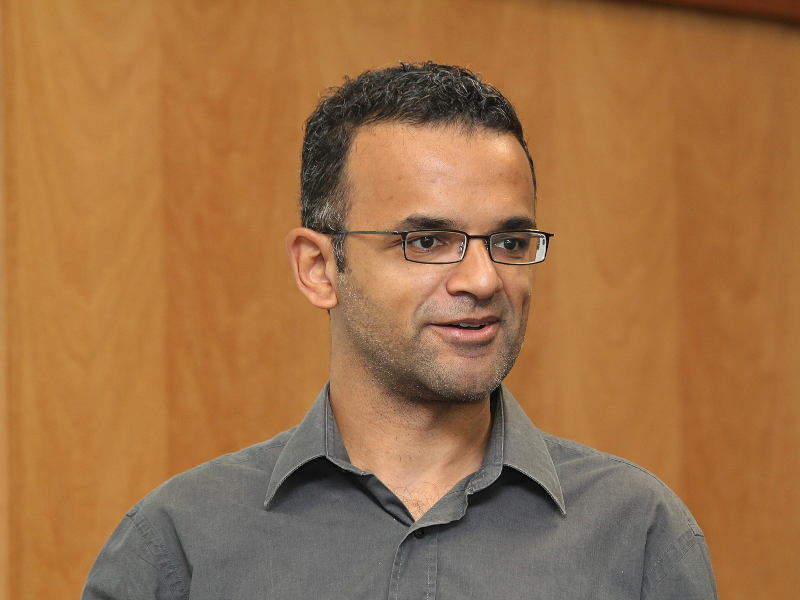
RICARDO AUGUSTO DIAS
Veterinarian, Associate Professor at FMVZ-USP. Participated in Technical Cooperation Project BRA/IICA/13/004 – Agricultural Defense System – Ministry of Agriculture, Livestock, and Supply (MAPA) to evaluate the results obtained, with proposed indicators, over the last 10 years, of the National Program for the Control of Rabies in Herbivores (PNCRH). He collaborates in the development of public policies at the federal level, with MAPA and the Ministry of the Environment, and at the state and municipal levels. He has worked on projects related to the control and eradication of invasive species on oceanic islands, such as the archipelagos of Trindade and Martim Vaz and Fernando de Noronha, in association with the Brazilian Navy, ICMBio, and WWF, as well as studies on the movement ecology of dogs in canid guilds in the Cerrado and bats, with the aim of providing scientific bases for the control of rabies and harmonious coexistence with these species. It works to consolidate cooperation networks in national and continental biobanks for the surveillance of emerging pathogens that threaten biodiversity. In 2024, it created the National Biodiversity Biobank (BIONABIO), which is an extensive collaboration network involving various partners (federal and state wildlife managers, zoos, biological and zoological collections, wildlife screening and rehabilitation centers, field researchers, wildlife services, and public health managers) to promote the surveillance of emerging pathogens in Brazilian wildlife.
Laboratory technician
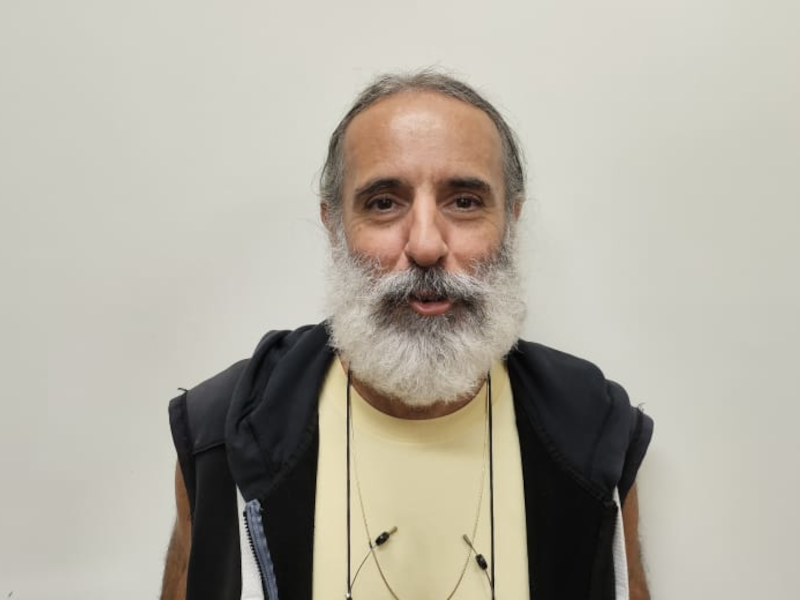
ANTÔNIO DOS SANTOS RODRIGUES
Electronics maintenance technician



